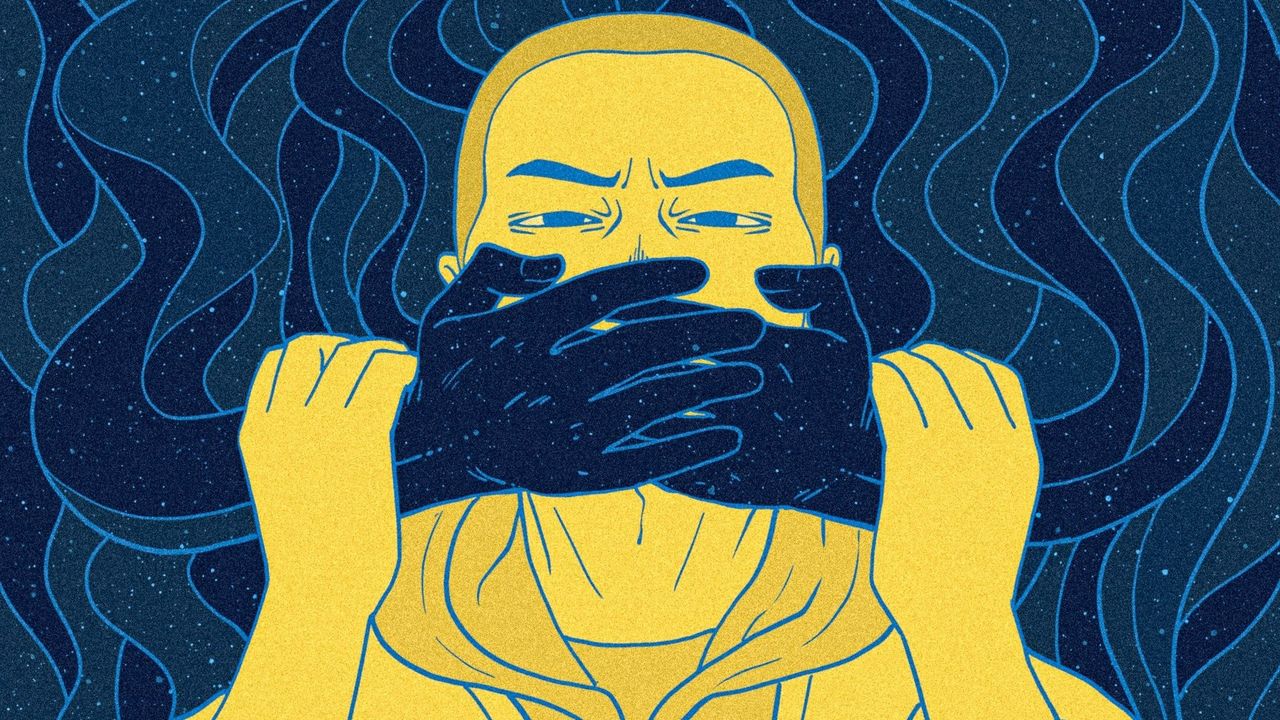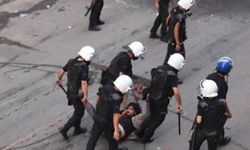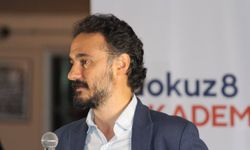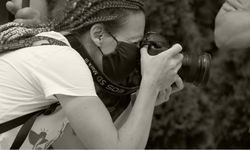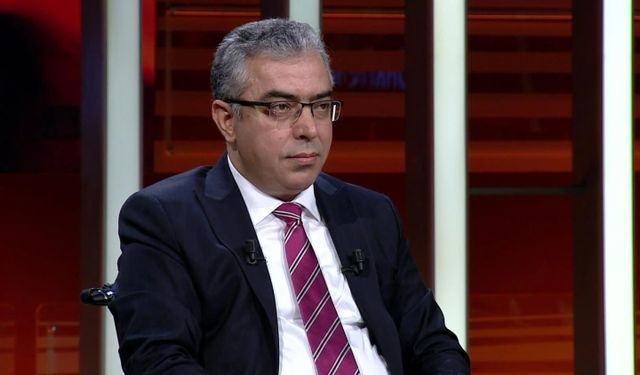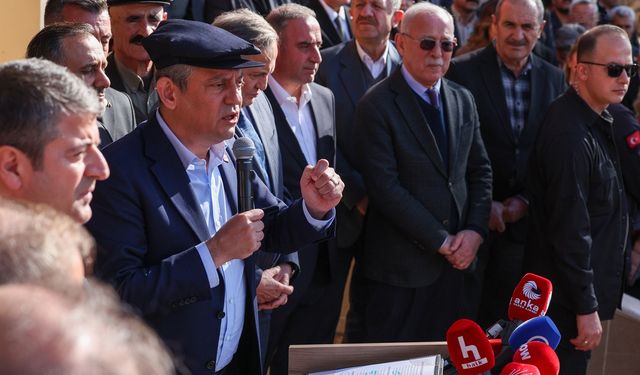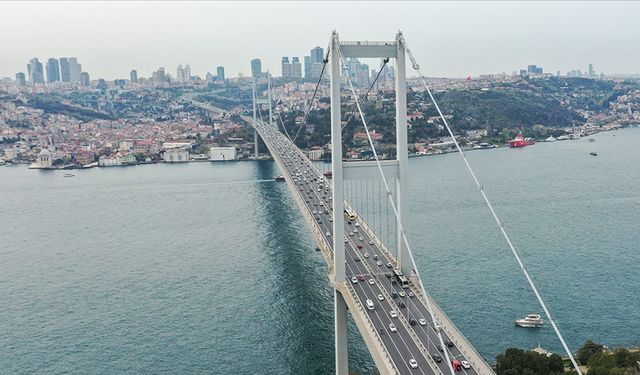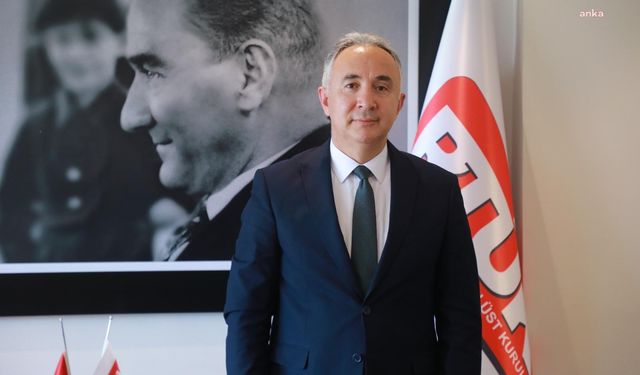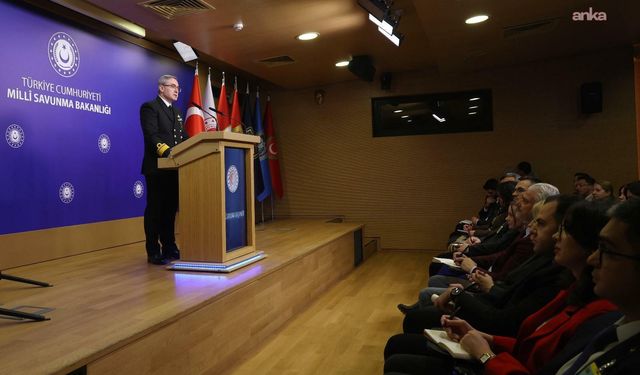The scope of the law “Regulation of Publications on the Internet and Suppression of Crimes Committed by Means of Such Publications”, known as Social Media Law, was expanded with a new revision which came into effect in October 2020. The research conducted by MEDAR compiled and categorized content removal orders sent to media outlets from October 2020 to October 2021.
In the scope of the research, a four-pillar methodology was developed to classify the content removal orders by topic of the news article, by the position of the actors/complainants mentioned in the news article, by the justifications cited in removal requests, and by the organizations receiving the request.
NEWS ON CORRUPTION AND IRREGULARITIES ARE REMOVED
Within the scope of the research, the first year of Social Media Law was examined and a total of 1197 content removal orders were reviewed. The majority of these requests were placed to remove news articles about ‘corruption and irregularities’ (675 items) and ‘misconduct’ (466 items).

According to data, 1080 out of 1197 takedown orders were based on the ‘violation of personal rights’. While businesspeople are standing out in this topic, this group is followed by companies, ministers, and senior bureaucrats.


In the scope of this research, a total of 36 news outlets were monitored. Among them, Cumhuriyet, received by far the highest number of content removal orders with 144 items, which was followed by BirGün Daily with 129 items and ODA TV with 98 items.

“REMOVING CONTENT DOES NOT REMOVE THE IRREGULARITIES”
BirGün Daily Editorial Coordinator İbrahim Varlı, commenting on the report, stated that the reason why BirGün Daily received this many content removal orders is that they expose the illegal actions of the government:
"Why do you think so much content was removed from BirGün Daily? Because BirGün carries out quality journalism, exposes the entire network of corrupt and shady relations of the government; cracks down the tender frauds, discloses the corruptions and irregularities. Since it fearlessly addresses all of these issues, and they are linked to so many things, the government's crony businesspeople, bureaucrats, ministers, and deputies; all of them, even from the smallest local court, can get an order to remove such content. But in reality, ‘content removal’ does not mean that these corruptions and irregularities are not conducted. The research you have carried out is a nice study which we wish to see more often in the media. It fills a crucial space, a void, it corresponds to it. One way or another, these dark days shall pass. And this study, which will serve a valuable part in the future, will have filled an important gap."
ODA TV Editor in Chief Can Özçelik stated the MEDAR’s report takes a picture of the situation Turkey is currently facing:
"The Media Research Association revealed the repercussions of the Social Media Law on media. The number of news articles removed from the online news portals and the subject of these removed articles is striking… ODA TV, apart from the newspapers, is the most censored media organ in terms of news sites… Well, what is the subject of these news articles? Mostly corruption… This data, reported by the Media Research Association, also takes a picture of the country’s political atmosphere. ODA TV will continue to carry out free and independent journalism, against this media structure and political climate; ODA TV will not abandon the truth."
THE LAW SHOULD GUARANTEE THE FUNDAMENTAL RIGHTS
The research report offers some policy recommendations, stating that some measures should be taken to change the situation in favor of people, increase digital liberation, and strengthen democracy:
Authorities should create advisory boards to bring together all affected parties and to initiate a comprehensive, open deliberation process.
Independent auditing bodies should be created to analyze the impact of the Social Media Law, in order to gather tangible data to lay a basis for the legislative process.
All parts of the society should be included in the legislative process via advisory boards and auditing bodies, and the Social Media Law should be collectively revised to make sure it effectively guarantees fundamental rights and freedom of speech.
You can access MEDAR’s full report here.
